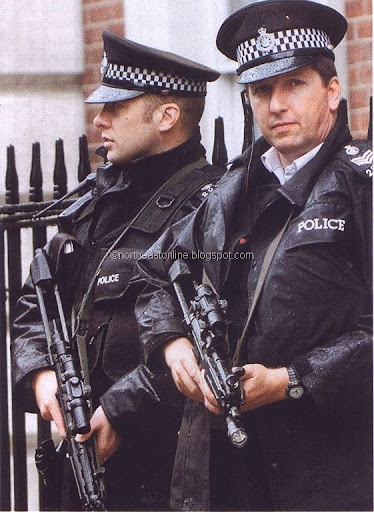 |

Globally it has been accepted that terrorism cannot be treated as a simple law and order problem, and with terrorists becoming more advanced and many functioning with active help of countries that harbour them, it requires an extraordinary response to tackle them.
The USA Patriot Act of 2001 (Uniting and Strengthening America by Providing Appropriate ‘fools Required to Intercept and Obstruct Terrorism Act of 2001) has allowed the US security agencies to search telephone, e-mail communications, medical, financial and other records and eased restrictions on foreign intelligence gathering within the United States. The US experience of creating a Department of I lomeland Security with the avowed objective of protecting the country from terrorist attacks needs to be replicated in India with the Central Law Enforcement Agency to fight terror.
Countries like Australia have given, stop and search” powers to their police, which allows the police to stop and search people. The country also has a “Control order”, that allows the police to approach a closed court and ask for restrictions to be placed on someone who poses a terror threat. The restrictions can limit who the suspect can talk to, where the person can go and what devices the suspect can use (phone and Internet). The UK’s new Counter Terrorism Bill extends the pre-charge detention of terror suspects from 28 days to 42 days.
Even Bangladesh has implemented new terror laws creating special tribunals to hear terror cases and clear these in six months with a provision of death penalty for terrorism and financing of terrorism. India, meanwhile, careens from blast to blast.
“India’s police and intelligence forces—with tiny exceptions—remain overwhehningly undermanned, under-resourced and primitive in their day-to-day functioning. India has failed even to create a national database on crime and terrorism—despite a mandate to create it and support organisational structures, including the Multi-Agency Centre and the Joint Task Force on lnteffigene in the Intelligence Bureau, that dates back to 2001,” says Ajai Sahni, executive director, institute for Conflict Management.
India needs to take out a leaf from global laws to tackle terrorism besides re-arming its human inteffigence network which Is important to ward ofi’ terror attacks. it also has to set up a
real-time information sharing system with key
intelligence agencies to avert terror attacks. Another important aspect is to work on its border management and control policies,
because ineiThctive monitoring of its porous herders with Bangladesh and Nepal has made these into safe transit points for terrorists. While India will have to fight its own battle against terror, it will have to ensure that its laws have teeth, with checks and balances, to combat the scourge of terrorism.


0 comments:
Post a Comment